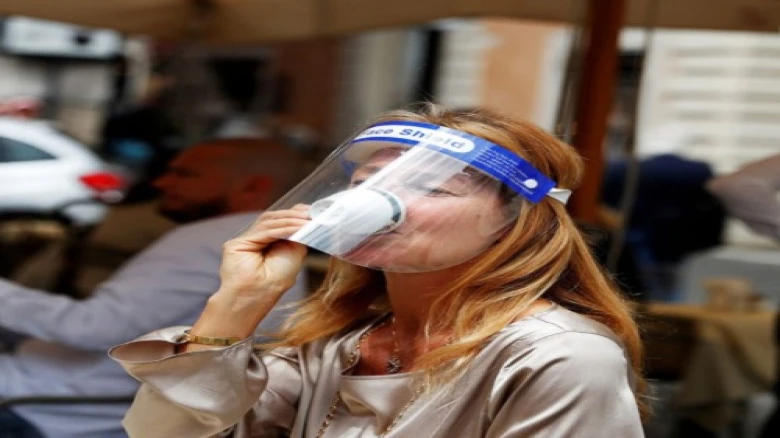Sports

The sense of smell has been hindered in people who have been diagnosed with Covid-19. Scientists have finally figured out what causes this strange ailment.
Digital Desk: Scientists are working to determine the effects of SARS-CoV-2' (the virus that caused Covid-19) on our bodies as the world deals with the aftermath of the coronavirus pandemic, which continues to be reported in various parts of the world.
One such effect was on people with coronavirus who had their sense of smell disrupted.
According to the researchers, from the University of Reading's School of Chemistry, Food, and Pharmacy and the University College London Hospital attempted to understand the underlying mechanism in a study published in the journal Communication Medicine.
This symptom has been linked to 15 different molecular triggers, according to the researchers. 2-furanmethanethiol, which is found in coffee, is the highly potent odour molecule that causes the condition. Those with parosmia described the molecule's smell as disgusting, repulsive, or dirty, while those with a normal sense of smell described it as coffee or popcorn.
According to the study's findings by the researchers,they say "We used a technique that separates the chemicals that make up the smell of instant coffee and gave each person with parosmia after infection a chance to smell them one at a time." The majority of these people identified the same chemicals as being foul-smelling and triggering their parosmia.
They went on to say that these chemicals have strong odours and can be classified into four groups based on their chemical shape and the elements they contain.
Prior to the Covid-19 outbreak, olfactory disruption had been largely ignored. "There is a greater awareness of the debilitating effect of olfactory disorders2 since the spread of SARS-CoV-2 and the realisation that 5065 percent of cases result in anosmia1 (loss of sense of smell)," researchers said.
Coffee and chocolate, meat, onion, garlic, egg, mint, and toothpaste have all been identified as common Parsomia triggers by researchers. "These foods contain aroma compounds with some of the lowest odour thresholds known, and we believe these compounds may be involved in triggering parosmia episodes," they added.
They hope that their findings will aid in the understanding of what chemical compounds cause parosmia, which will aid in the development of diagnostics and therapies for the condition in the future.
Also Read: Know The Health Benefits of Taking a Power Nap at Work
Leave A Comment